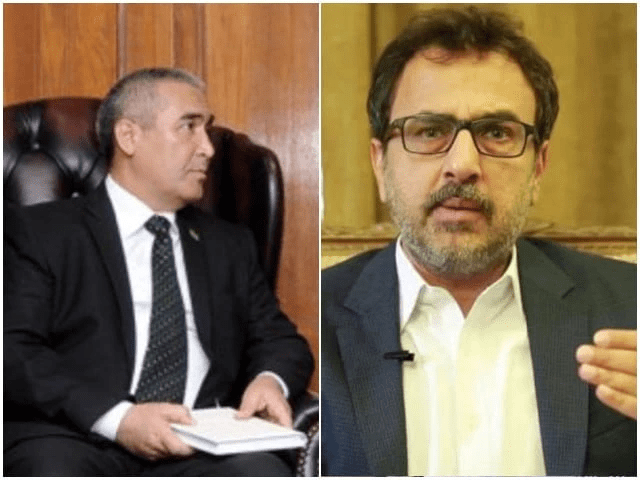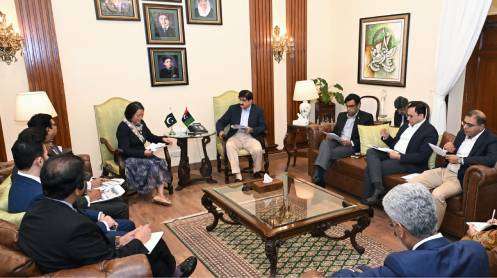ISLAMABAD: The federal government has decided to expand its privatisation programme by including three additional power plants — the Jamshoro Power Plant and two LNG-fired units — while reaffirming its commitment to maintaining a uniform electricity tariff across the country even after privatisation of distribution companies.
Adviser to the Prime Minister on Privatisation Muhammad Ali announced the decision during a consultative session on the privatisation of ten power distribution companies. He emphasised that the power sector continues to receive around Rs1.2 trillion annually in subsidies to cover price differentials, debt payments, inefficiencies, low recoveries, and theft losses. “If privatisation of distribution companies does not take place, the country will face severe financial trouble,” he warned.
Despite plans to privatise, the government intends to continue the uniform tariff, under which consumers in efficient regions like Faisalabad or Islamabad pay the same rate as those in high-loss areas such as Hyderabad or parts of Balochistan and Sindh. This policy, while socially and politically motivated, has led to cross-subsidisation among provinces.
The government has appointed Alvarez & Marsal as the financial adviser for the sale of three power distribution companies — LESCO, FESCO, and GEPCO. Market assessments are complete, and the transaction structure is being finalised, with the first Expression of Interest (EOI) expected in the coming weeks.
Former NEPRA chairman Tauseef Farooqi said stakeholder consultations have shown broad support, and labour-related hurdles are unlikely due to restrictions on union activities under a presidential ordinance. Power Planning and Monitoring Company MD Abid Latif confirmed that most preconditions for privatisation — including transfer of shares to the President of Pakistan, as proposed by the World Bank — are nearly complete.
The World Bank has recommended several prior actions, including issuance of clear subsidy guidelines and adoption of a new electricity policy defining roles and responsibilities to reduce technical and commercial losses.
So far, the cabinet has approved the privatisation of IESCO, FESCO, and GEPCO in the first phase. The government, however, has struggled to privatise major entities through competitive bidding — its only recent success being the sale of First Women Bank Limited to a UAE-based firm for Rs4 billion.
Story by Shahbaz Rana







